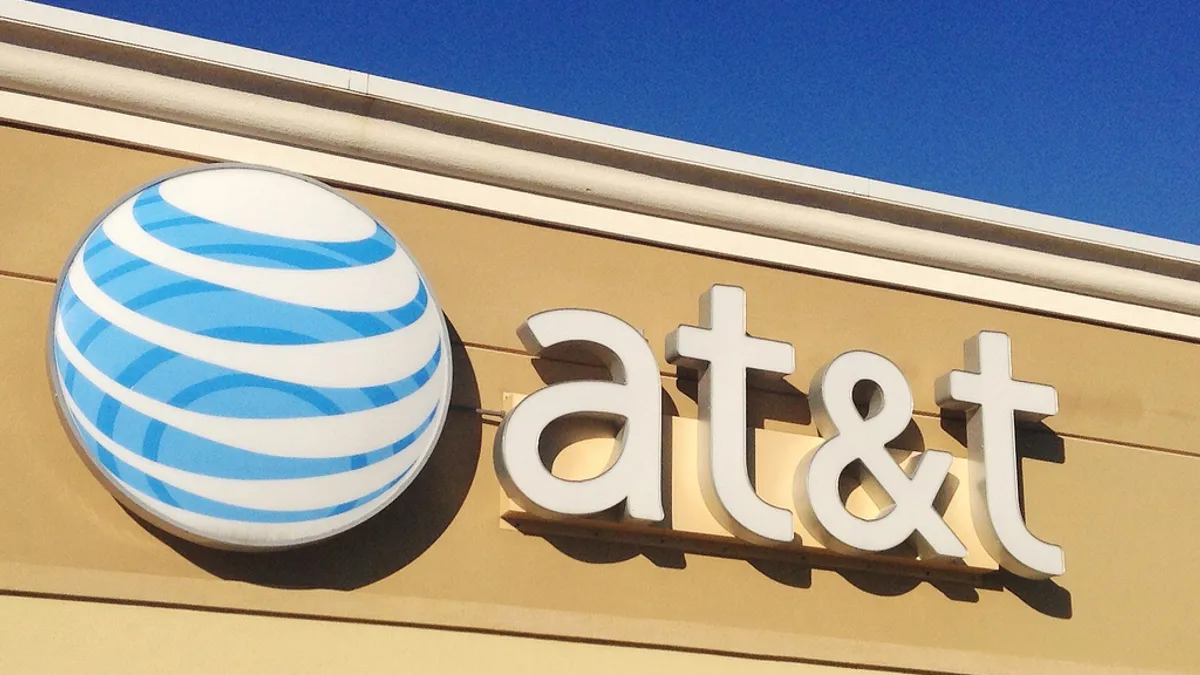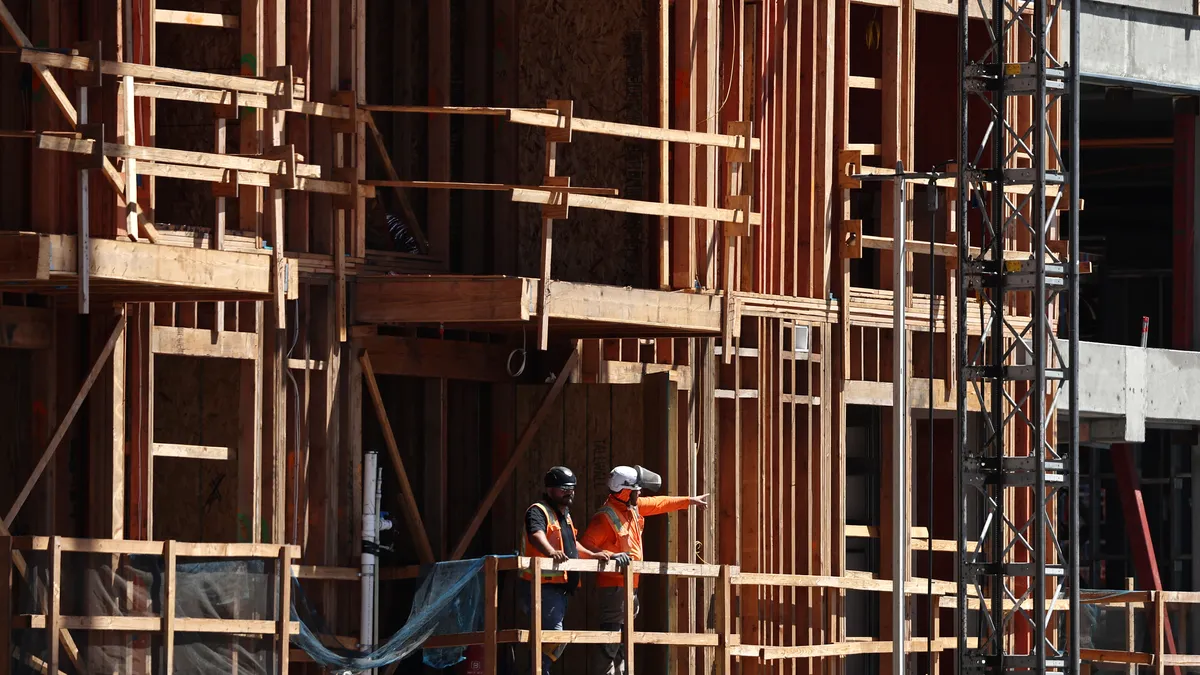Dive Brief:
- AT&T on Tuesday opened up its 5G network to the public in parts of 12 cities, although customers will only be able to access the super-fast mobile service by using one of AT&T’s mobile hotspot devices.
- For the limited launch, AT&T is inviting select businesses and consumers to use 5G through a special offer, and in the spring will bring on more customers to use 5G mobile devices.
- The 12 initial cities are: Atlanta; Charlotte, NC; Dallas; Houston; Indianapolis; Jacksonville, FL; Louisville, KY; Oklahoma City; New Orleans; Raleigh, NC; San Antonio; and Waco, TX. AT&T also says that in the first half of 2019, mobile 5G will be expanded to parts of seven additional cities: Las Vegas, Los Angeles, Nashville, San Diego, San Francisco, San Jose, CA and Orlando, FL.
Dive Insight:
Even though the rollout may not be the instantaneous switch-flipping to a future network that some consumers have hoped for, AT&T is pitching it as the "first taste of the mobile 5G era." In a statement, Andre Fuetsch, president of AT&T Labs and chief technology officer, said "it’s early on the 5G journey and we’re ready to learn fast and continually iterate in the months ahead."
As companies are racing to be the first 5G carrier, there’s been increasing hair-splitting about what technology actually constitutes “5G.” Verizon heavily publicized its launch of home broadband with 5G technology in October, and competitors roundly criticized it as a half-measure.
I cannot begin to explain how important 5G is going to be for this country, so I have to say congrats to Verizon on delivering its 5G* Home Service today. It doesn’t use global industry standards or cover whole blocks and will never scale… but hey, it is first, right?! ????♂️
— John Legere (@JohnLegere) October 1, 2018
Most consumers won’t have access to AT&T’s service even if they live in one of the first launch cities, but the company is still promoting it as a first. Meanwhile, competitors like Sprint, T-Mobile and Verizon have all laid out launch plans, including 5G phones, hot spots and citywide service in cities around the country.
The Verge reports that even though AT&T's NETGEAR Nighthawk 5G mobile hotspot could theoretically offer peak speeds of 1.2 Gigabits per second, “actual speeds will be lower.” That likely means mobile data speeds several times faster than 4G LTE, but short of the promised 1GBps that companies have talked up.
Still, the AT&T news is the latest signal of how rapidly 5G will be moving through the country, an exciting development for smart cities. The faster data speeds will not only support mobile downloads, but the kind of blazing fast wireless connections needed for vehicle-to-infrastructure technology, smart grids and manufacturing. The early networks likely won’t have the range and capacity to support that kind of technology, but advanced rollouts are coming soon.
In other 5G news, the Committee on Foreign Investment in the U.S. approved the proposed merger between T-Mobile and Sprint, clearing another hurdle for the business move that officials promise will help create an expansive and advanced 5G network for the telecoms’ customers.










